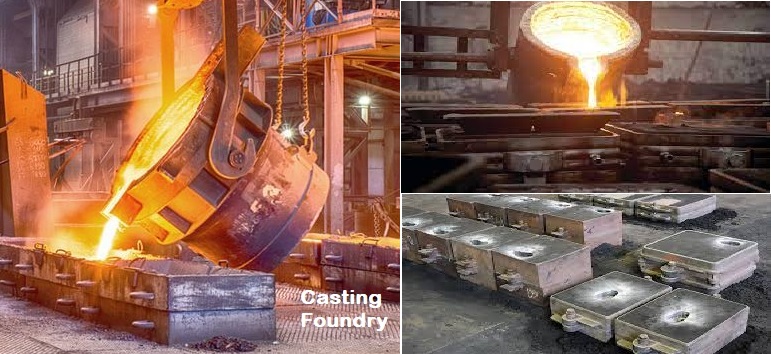
The scope and opportunities of the foundry industry in international trade
The casting industry is an integral part of the global manufacturing sector. It is a highly versatile and efficient production process that has the capability to create a wide range of complex and intricate parts for various industries. With the growth of international trade, the scope and opportunities for the casting industry have expanded significantly in recent years.
Scope of Casting Industry in International Trade
The casting industry has a broad scope in international trade due to its diverse applications across various industries such as automotive, aerospace, energy, and construction. The demand for castings is high in these industries due to the need for complex and high-precision components that are required for efficient and reliable performance. As a result, the casting industry has become an essential part of the global supply chain and plays a critical role in international trade.
The casting industry also has the advantage of being a highly customizable production process. With the use of computer-aided design and simulation software, manufacturers can create highly accurate and intricate designs that can be produced with precision and consistency. This ability to create customized parts is highly valuable in international trade, where specific requirements for components are often needed.
Opportunities for Casting Industry in International Trade
One of the significant opportunities for the casting industry in international trade is the demand for lightweight materials. With the focus on reducing fuel consumption and emissions in the automotive and aerospace industries, lightweight materials such as aluminum and magnesium are increasingly being used. The casting industry has the ability to produce complex parts made from these materials, making it a valuable supplier in these industries.
Another opportunity for the casting industry in international trade is the increasing demand for renewable energy. The casting industry can provide critical components such as wind turbine blades and solar panel frames, which are essential in the production of renewable energy. As the demand for renewable energy continues to grow globally, the casting industry can capitalize on this trend and expand its scope in international trade.
Furthermore, the casting industry can benefit from the growing demand for infrastructure development in emerging economies. The construction industry is one of the largest consumers of castings, and as emerging economies such as India and China continue to develop their infrastructure, the demand for castings is likely to increase significantly. The casting industry can take advantage of this trend and expand its reach in international trade.
In conclusion, the casting industry has a significant scope and opportunities in international trade. Its versatility and ability to produce complex and intricate parts make it a valuable supplier to various industries.
